10 Cities Known For Rude Locals — And 10 Where You’ll Feel Right At Home
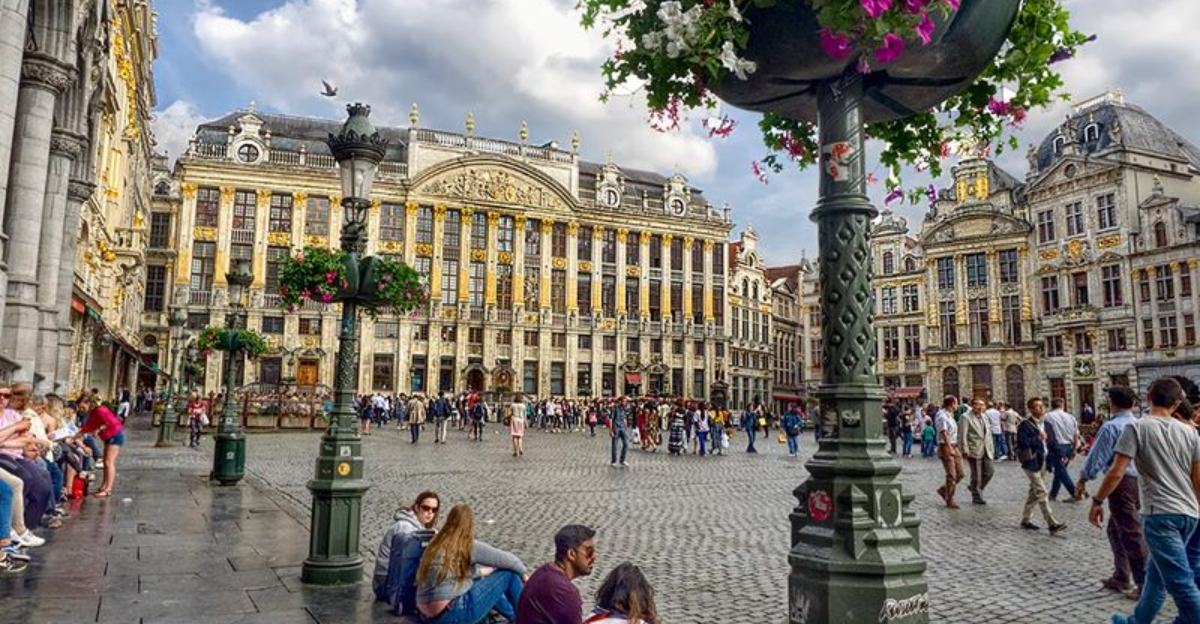
When traveling, the locals can make or break your experience. Some cities have earned reputations for frosty receptions that leave tourists feeling unwelcome.
Others shine with genuine warmth that makes you feel like you’ve found a second home.
I’ve put together this guide to help you know what to expect when visiting these global destinations—whether you’ll need thick skin or can look forward to open arms.
1. Paris Side-Eye Energy
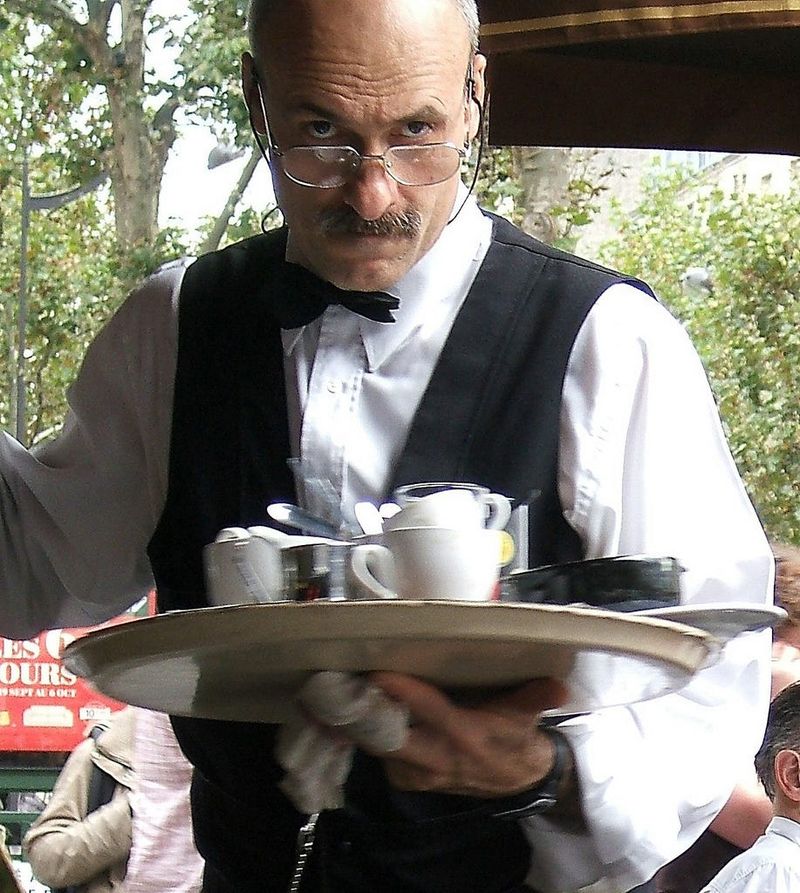
Parisians have mastered the art of making tourists feel like unwelcome intruders. The infamous Parisian scowl greets many visitors who dare to speak broken French or commit cultural faux pas in restaurants.
Language barriers intensify the problem, with locals often switching to English with visible irritation or continuing in rapid French despite your confusion. Personal space is guarded fiercely in cafés and metros.
Many travelers report being ignored by waiters or receiving eye-rolls when asking questions. Don’t take it personally—this aloofness is part of the Parisian identity and rarely directed at you specifically.
2. Dublin Welcoming Vibe
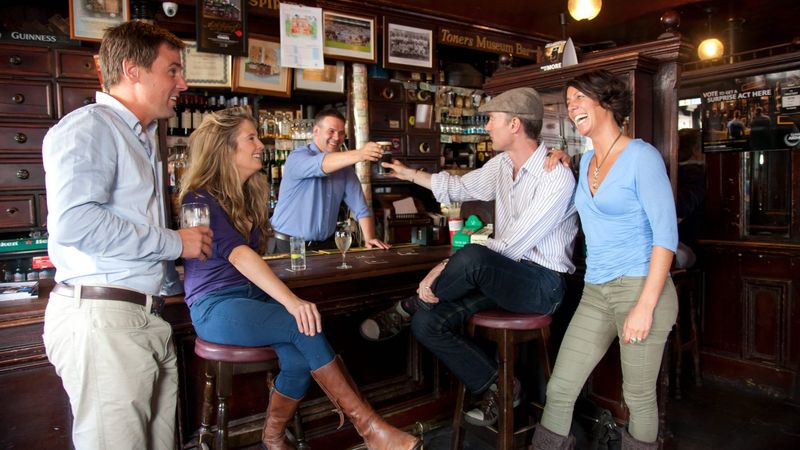
Irish hospitality shines brightest in Dublin, where strangers quickly become friends over a pint of Guinness. Locals genuinely want to know your story and are eager to share theirs, creating instant connections that feel surprisingly authentic.
Dubliners take pride in their city and love helping visitors discover hidden gems beyond the typical tourist spots. If you look lost, don’t be surprised when someone offers directions before you even ask.
The pub culture encourages social mixing—sit at a bar alone and you’ll likely end up in conversation with locals who treat you like an old friend. This warmth extends beyond drinking establishments to shops, taxis, and streets.
3. Moscow Cold Receptions
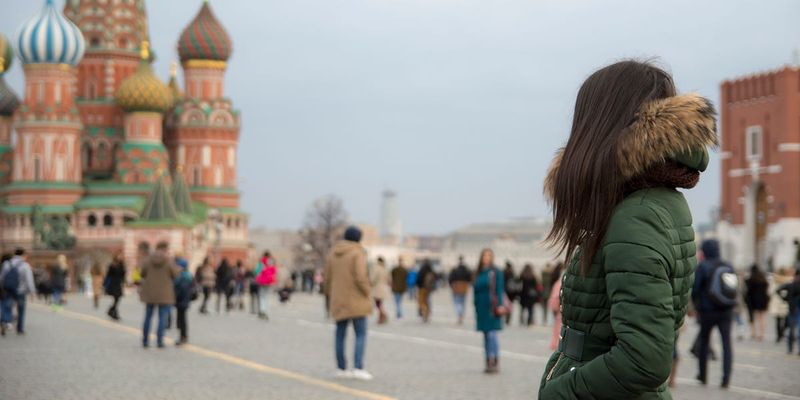
Russians rarely smile at strangers—a cultural trait that often startles Western visitors expecting friendly greetings. In Moscow, this reserved public demeanor reaches its peak, with locals maintaining stern expressions that can feel downright hostile to unprepared tourists.
Service industry workers typically provide assistance without warmth, focusing on efficiency rather than making emotional connections. Muscovites move purposefully through their city, avoiding eye contact and rarely engaging in small talk.
The language barrier compounds these challenges, as English proficiency varies widely and many locals show little patience for communication difficulties. Though Russians often warm considerably in private settings, that initial public frostiness creates lasting impressions of rudeness.
4. Melbourne Easygoing Locals
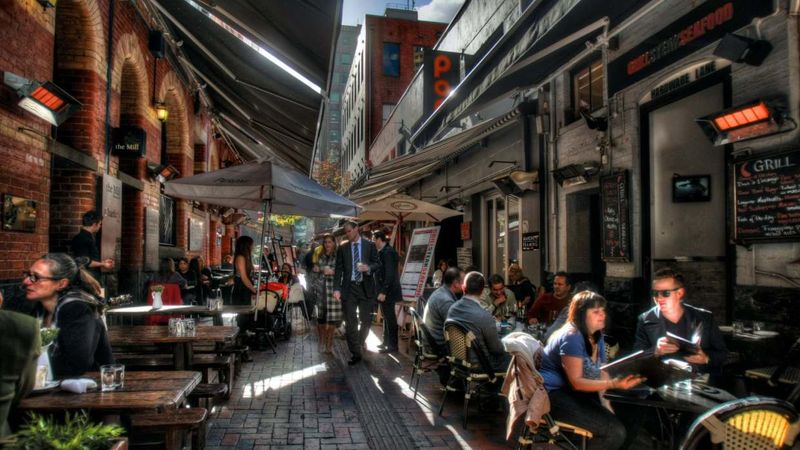
Melbourne residents embody Australia’s laid-back reputation with their genuine friendliness toward visitors. Coffee culture creates natural spaces for conversation, with baristas remembering regulars (even temporary ones) and locals happily sharing their favorite hidden cafés.
Melburnians pride themselves on living in a cultural hub and eagerly offer suggestions about current events, exhibitions, or neighborhood spots tourists might miss. The city’s diverse population means acceptance comes naturally, with curiosity about visitors rather than judgment.
Public transportation becomes a surprising place for friendly encounters, with casual chats starting easily. Even in busy areas, locals maintain patience and helpfulness that makes navigating the city stress-free for newcomers.
5. Beijing Communication Wall
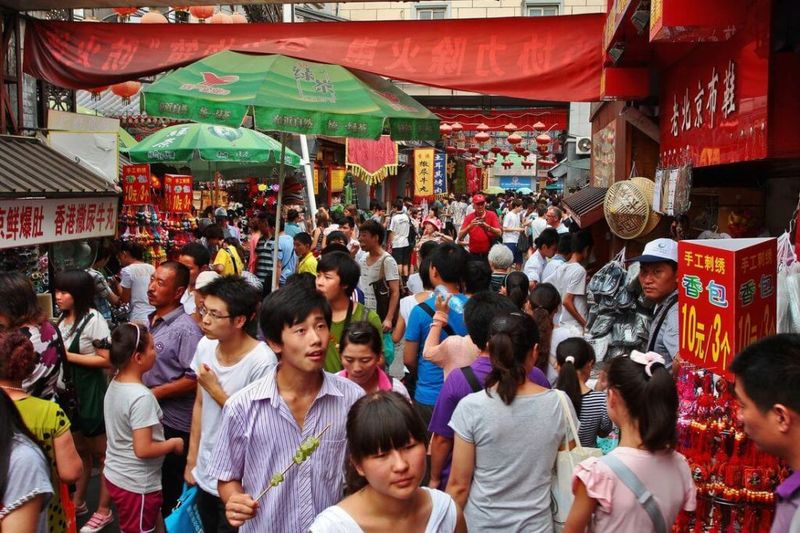
Navigating Beijing presents significant challenges beyond just the language barrier. Locals often appear brusque to Western sensibilities, with pushing in crowds considered normal rather than rude in this densely populated metropolis.
Service interactions frequently lack the customer-focused approach Westerners expect, with restaurant staff or shop owners providing minimal attention. Personal space concepts differ dramatically, creating uncomfortable moments for unprepared visitors.
Many Beijing residents seem indifferent to tourists’ confusion, rarely stepping in to help lost travelers. This isn’t necessarily hostility but reflects cultural differences in social responsibility—Beijingers typically mind their own business rather than intervening in strangers’ affairs.
6. Lisbon Open Hospitality
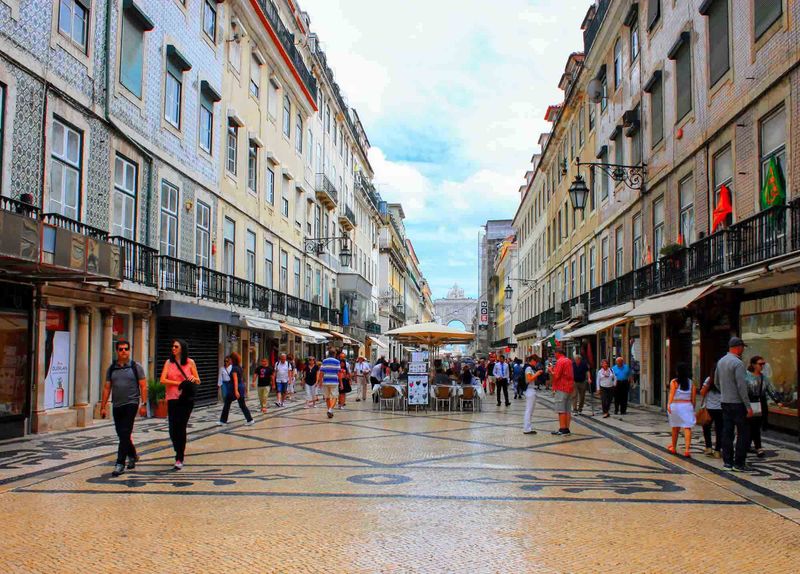
Portuguese culture centers around the concept of “acolhimento”—the art of making guests feel completely at home. Lisbon residents embody this value enthusiastically, offering directions without being asked or even walking visitors to their destinations.
Language barriers dissolve through locals’ efforts to communicate, with many Lisboetas happily switching between Portuguese, English, and improvised sign language to help tourists. Small neighborhood restaurants treat first-time visitors like returning family members.
The unhurried pace of life contributes to this welcoming atmosphere, with shopkeepers and café owners taking time for genuine conversations. Even in tourist-heavy areas where visitor fatigue might be expected, the warmth rarely fades.
7. New York Blunt Interactions
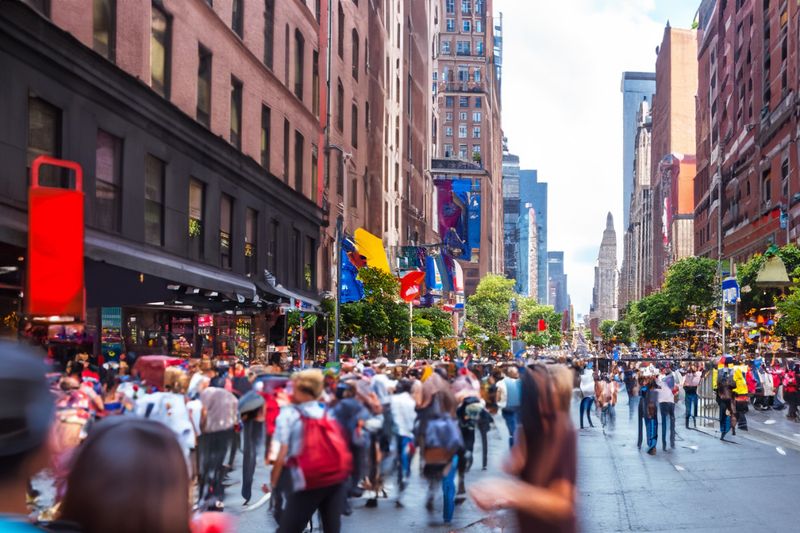
New Yorkers operate at a pace that prioritizes efficiency over pleasantries. The city’s famous directness can feel jarring—locals bark orders at coffee shops, push past slow walkers, and respond to questions with blunt brevity that borders on rudeness to outsiders.
Personal space commands premium value in this crowded metropolis, making locals protective of their bubble on subways and sidewalks. Patience runs particularly thin with tourists who block walkways or fumble with maps in busy areas.
Service staff rarely engage in the cheerful banter common in other American cities. Though this straightforward approach isn’t meant personally, first-time visitors often interpret the city’s characteristic directness as hostility rather than the efficiency-focused communication style it represents.
8. Tokyo Polite Warmth
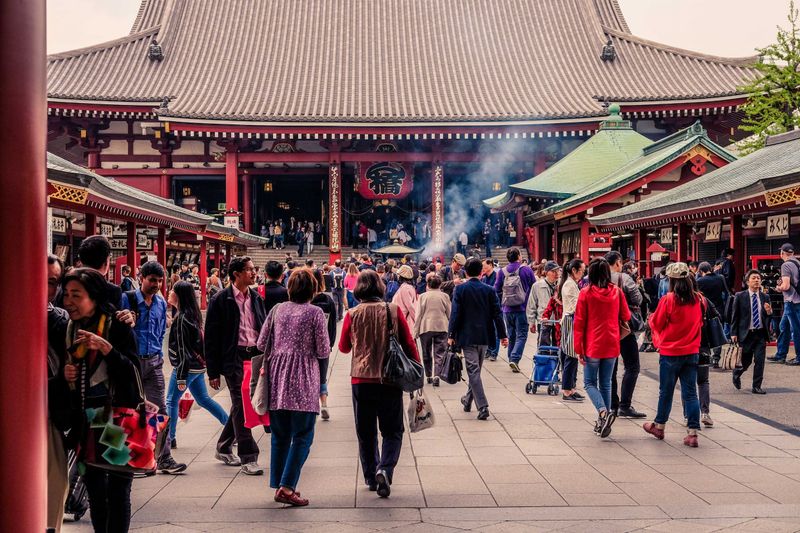
Japanese culture elevates customer service to an art form called “omotenashi”—anticipating needs before they’re expressed. Tokyo residents extend this consideration to confused tourists, often going dramatically out of their way to help visitors find destinations.
The language barrier rarely prevents assistance, with locals using translation apps or finding English-speaking colleagues to bridge communication gaps. Many Tokyo residents view helping tourists as an opportunity to practice English and represent their country positively.
While initial interactions might seem formal rather than friendly, the genuine desire to ensure visitor comfort quickly becomes apparent. Station attendants, shop workers, and random pedestrians consistently demonstrate remarkable patience with lost or confused tourists.
9. Rome Tourist Burnout
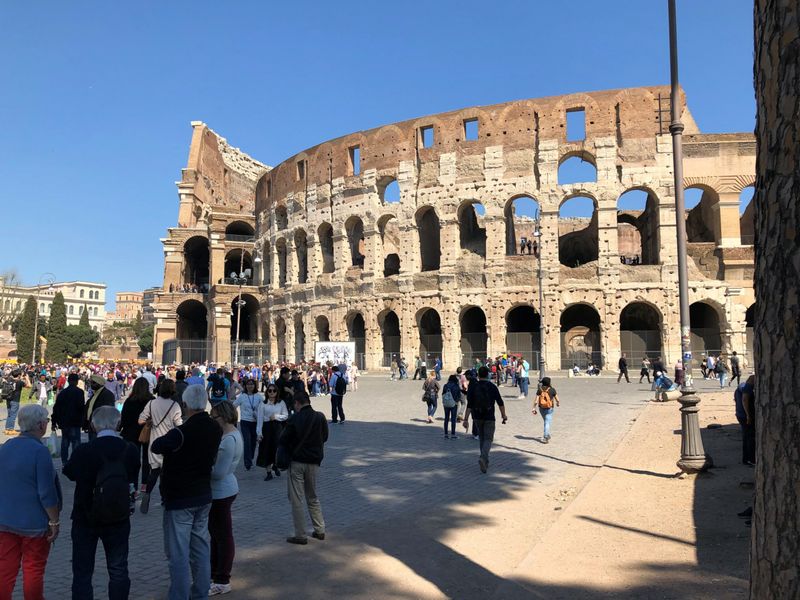
Romans endure endless waves of tourists trampling their historic city, creating understandable frustration that visitors often encounter. Popular areas like the Spanish Steps and Trevi Fountain see locals pushing through tourist crowds with visible annoyance on their daily commutes.
Restaurant servers in tourist zones frequently rush diners, recite English menus mechanically, and show little interest in creating memorable experiences. Shopkeepers grow weary of answering the same questions repeatedly and may respond curtly.
Scam awareness creates additional tension, with Romans sometimes treating all tourists with suspicion. Though authentic warmth exists in less-visited neighborhoods, many travelers primarily experience the jaded attitudes developed through decades of overtourism in Italy’s capital.
10. Nashville Southern Charm
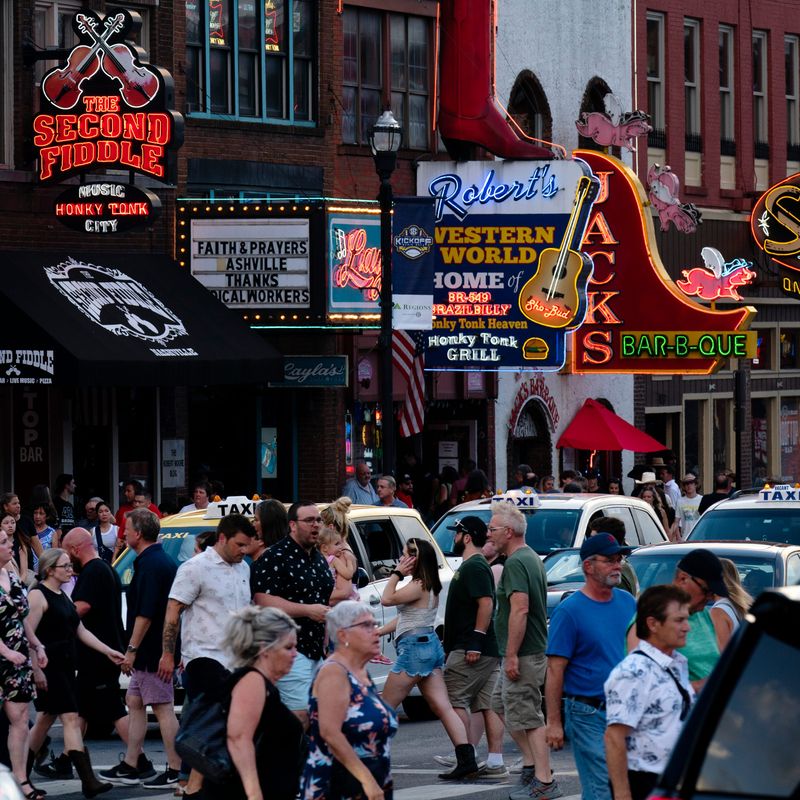
Nashville locals embody the legendary Southern hospitality that makes visitors feel instantly welcomed. Strangers strike up conversations at honky-tonks, offering insider tips on avoiding tourist traps and finding authentic music venues away from the Broadway crowds.
The city’s musical heritage creates natural connection points, with locals proudly sharing stories about their favorite performers or venues. Even in busy downtown areas, Nashvillians maintain their unhurried friendliness, answering questions with detailed explanations rather than rushed directions.
Service industry workers treat tourists with genuine interest rather than seeing them as mere customers. This warmth extends throughout the city, from high-end restaurants to corner markets, creating an environment where visitors quickly feel like honorary locals.
11. Frankfurt Distant Attitude
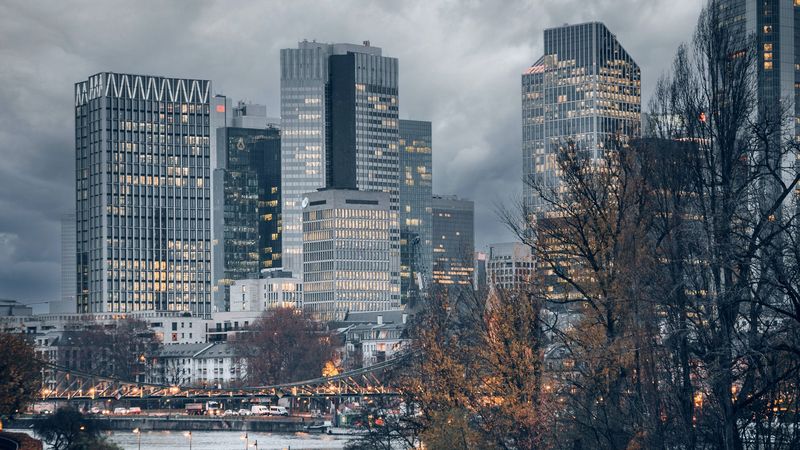
Germans value privacy and efficient interactions, traits that reach their peak in business-focused Frankfurt. Locals rarely initiate conversations with strangers, creating an atmosphere that visitors often interpret as coldness rather than cultural difference.
Service situations follow strict protocols with minimal warmth—restaurant servers appear abrupt, store clerks provide help without smiles, and public transit users maintain rigid personal bubbles. Direct communication styles eliminate sugar-coating, which can feel harsh to visitors from cultures that prioritize politeness over clarity.
Though not intentionally unwelcoming, Frankfurters rarely go out of their way for tourists. The city’s international business focus means English is widely spoken but used functionally rather than for building connections.
12. Vancouver Friendly Faces
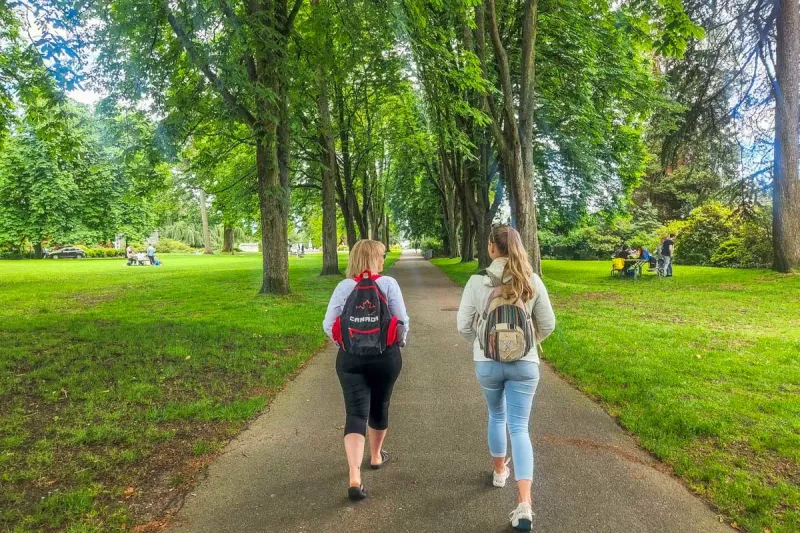
Canadians’ reputation for politeness finds its perfect expression in Vancouver, where locals genuinely want visitors to enjoy their city. Strangers readily offer recommendations for activities suited to current weather conditions or visitor interests without being asked.
Vancouver’s outdoor culture creates natural opportunities for interaction—locals strike up conversations on hiking trails, in parks, or while waiting for public transit. The city’s diverse population means tolerance and inclusion come naturally, with newcomers welcomed regardless of background.
Service industry workers go beyond basic requirements, sharing personal favorites and tailoring suggestions to visitors’ preferences. Even in crowded downtown areas or busy tourist spots, Vancouverites maintain their patient, helpful demeanor.
13. Buenos Aires Sharp Tongues
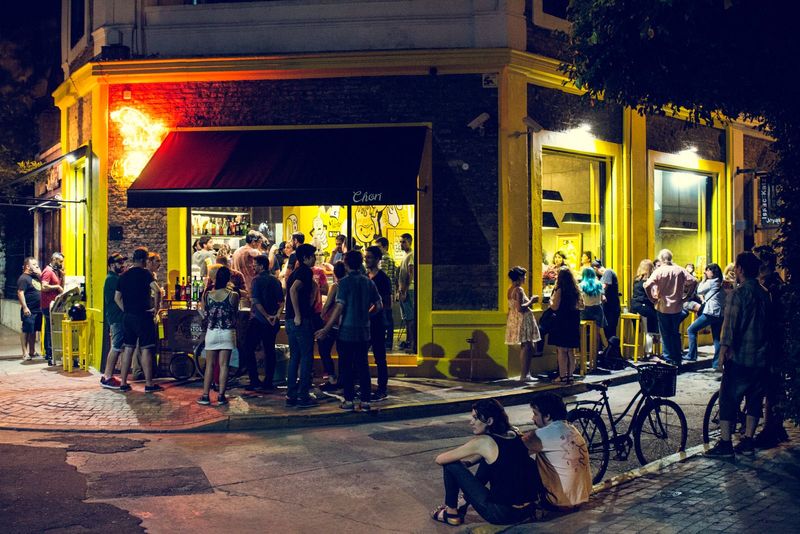
Porteños (Buenos Aires locals) communicate with passionate intensity that can overwhelm unprepared visitors. Their direct communication style leaves little room for the polite filters many cultures employ, resulting in interactions that feel confrontational rather than conversational.
The famous Argentine confidence sometimes manifests as arrogance, with locals dismissing tourist questions or correcting visitors’ Spanish with theatrical exasperation. Personal space boundaries differ significantly from North American or Northern European norms, with close talking distances and frequent touching during conversations.
Service expectations create additional friction—restaurant pacing follows local customs rather than tourist preferences, and staff rarely check on diners repeatedly. Though this directness reflects cultural differences rather than actual rudeness, the impact on visitor comfort remains the same.
14. Copenhagen Chill Crowd
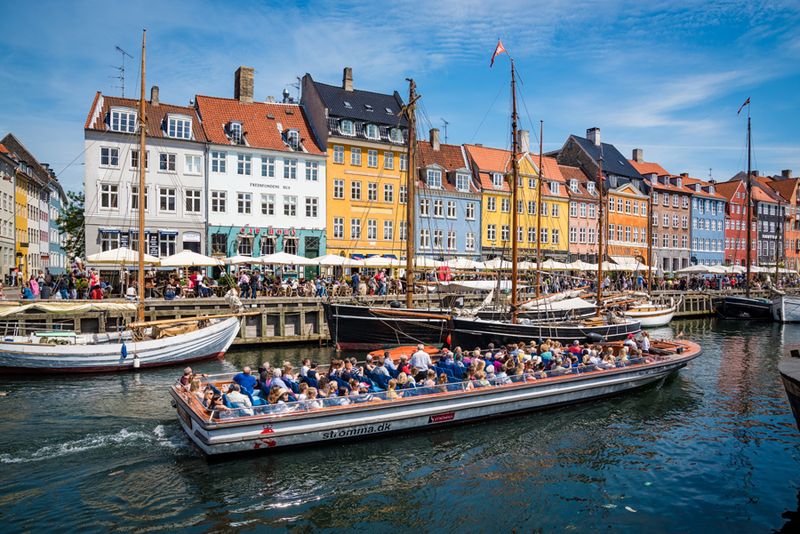
Danish “hygge” (coziness) culture extends naturally to visitors, with Copenhageners creating comfortable spaces for connection. Locals speak excellent English and willingly switch languages to include tourists in conversations at bars or cafés.
The city’s cycling culture reflects its friendly approach—locals patiently navigate around lost tourists rather than showing frustration. Though initially reserved, Danes warm quickly when approached with questions, offering thoughtful recommendations tailored to visitors’ interests.
Copenhagen’s commitment to work-life balance means locals have time for genuine interactions rather than rushing through conversations. This relaxed approach to daily life creates space for authentic connections with visitors, who frequently report feeling accepted rather than merely tolerated.
15. Athens Pushy Moments
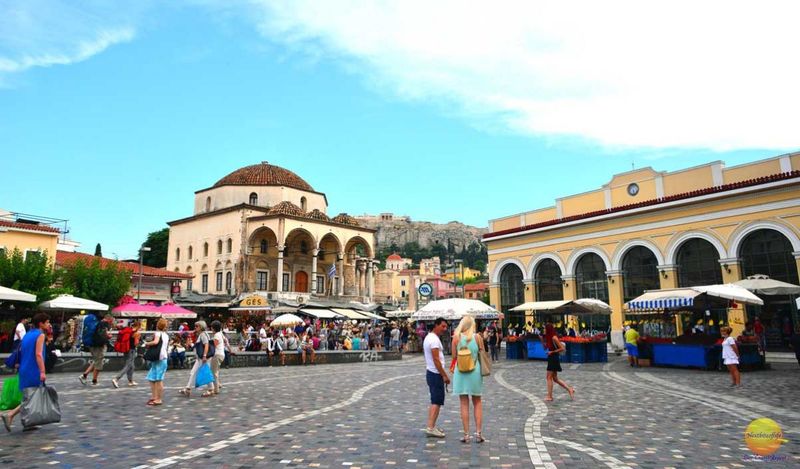
Economic pressures have intensified competition for tourist dollars in Athens, creating uncomfortable experiences for visitors. Restaurant touts physically direct tourists toward their establishments, sometimes grabbing arms or blocking sidewalks to prevent passing.
Taxi drivers frequently overcharge foreigners or take unnecessarily long routes, becoming confrontational when questioned. The city’s historic sites attract aggressive vendors who follow visitors with persistent sales pitches despite clear rejections.
Though many Athenians remain genuinely hospitable, tourists primarily encounter those working in visitor-focused industries where financial desperation sometimes overshadows traditional Greek philoxenia (hospitality). This creates lasting impressions of pushiness that overshadow the warmth many locals genuinely feel toward visitors.
16. Cape Town Inviting Culture
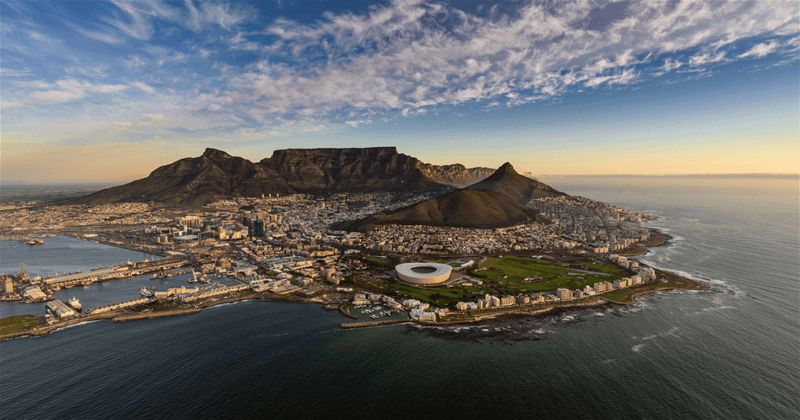
South Africans practice “ubuntu”—the belief that humanity is connected through sharing and community. Cape Town residents embody this philosophy through their extraordinary openness with visitors, readily sharing personal stories and asking thoughtful questions.
Local guides and shopkeepers take genuine interest in tourists’ home countries, creating two-way cultural exchanges rather than transactional relationships. The city’s complex history has fostered remarkable resilience and warmth that visitors consistently find moving.
Even in townships facing significant challenges, visitors report experiencing generous hospitality rather than resentment. This authentic welcome extends throughout socioeconomic levels, with wealthy waterfront restaurant staff and township tour guides showing equally genuine interest in creating positive experiences for guests.
17. Brussels Reserved Residents
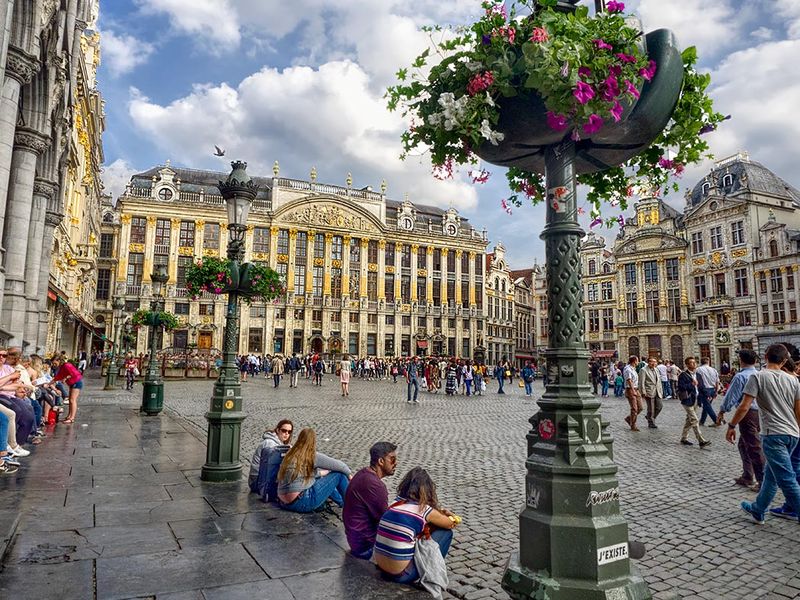
Belgian culture values privacy and formality, traits particularly evident in Brussels’ international bureaucratic environment. Locals rarely initiate interactions with obvious tourists, creating an atmosphere that feels standoffish compared to warmer European destinations.
Language complexities add another barrier—Brussels’ bilingual French-Dutch environment creates communication challenges, with locals sometimes showing impatience when visitors don’t respect language boundaries. Service industry workers provide professional but minimal interaction, focusing on efficiency rather than connection.
Though not intentionally unwelcoming, Bruxellois maintain stronger boundaries between public and private life than visitors from more outgoing cultures expect. This reserved approach means tourists must make extra effort to experience the warmth that exists beneath the formal surface.
18. Chiang Mai Kind Spirits
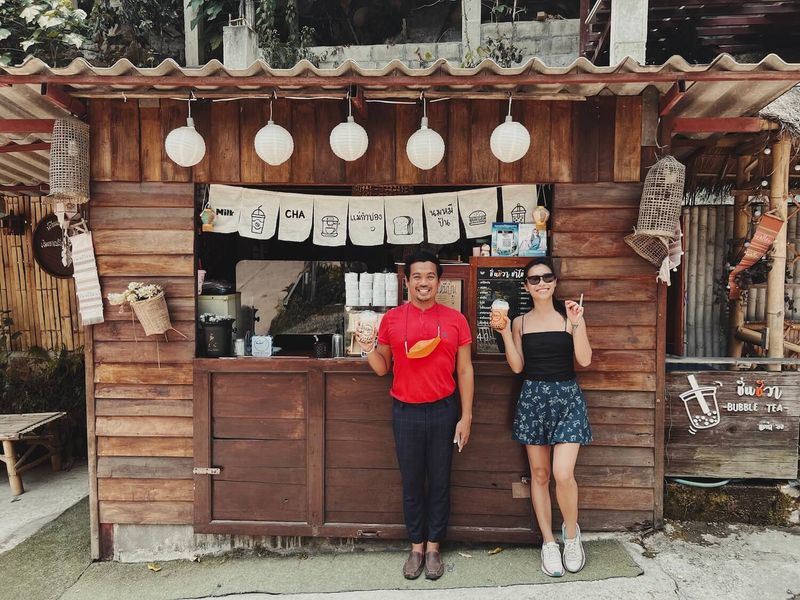
Thai culture centers around the concept of “jai dee” (good heart), which Chiang Mai residents demonstrate through genuine interactions with visitors. Locals approach tourists with curiosity rather than commercial intent, often initiating conversations simply to practice English or learn about different cultures.
Market vendors patiently explain unfamiliar foods and encourage sampling without pressure to purchase. Even in heavily touristed areas, the famous Thai smile remains authentic rather than becoming the commercial gesture seen in some overtouristed destinations.
When visitors show respect for local customs, Chiang Mai residents respond with extraordinary generosity—inviting tourists to family celebrations, offering motorcycle rides during sudden rainstorms, or providing directions that include personal recommendations. This creates an environment where travelers quickly feel embraced rather than merely accommodated.
19. Vienna Uptight Exchanges
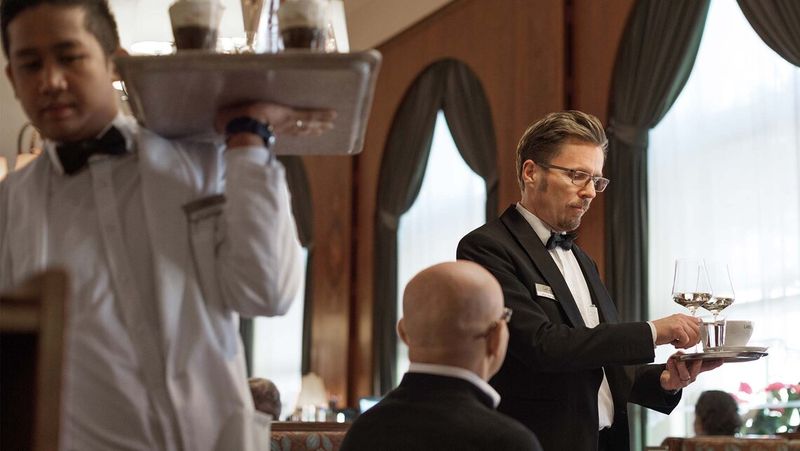
Vienna’s imperial history has fostered a formal culture that modern visitors often experience as stuffiness or rudeness. The famous Viennese coffee houses embody this dynamic—waiters maintain traditional aloofness that feels unwelcoming to tourists expecting friendly service.
Rules govern many aspects of public life, with locals quickly correcting perceived violations through direct confrontation rather than gentle guidance. German-speaking Viennese sometimes continue speaking their language despite visitors’ confusion, making minimal accommodation for language barriers.
Though this formality represents cultural tradition rather than actual hostility, the impact on tourist comfort remains significant. Many visitors report feeling judged for minor etiquette mistakes or dress choices that wouldn’t raise eyebrows in more relaxed destinations.
20. Montreal Bilingual Smiles
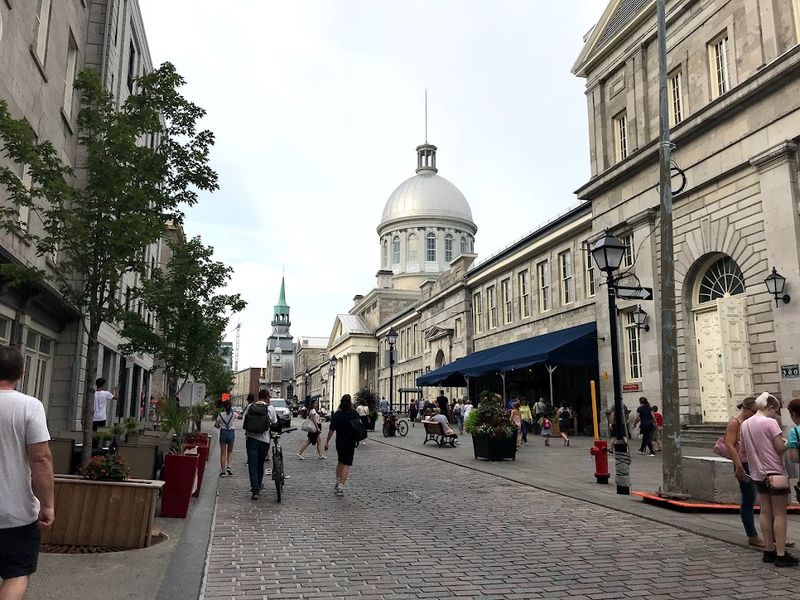
Montreal blends French joie de vivre with Canadian friendliness to create a uniquely welcoming atmosphere. Locals switch effortlessly between French and English to accommodate visitors, showing appreciation for even minimal attempts at French rather than criticism.
The city’s café culture encourages lingering conversations where Montrealers happily share insider recommendations for experiencing both French and English aspects of their city. Festival seasons bring this openness to new heights, with locals adopting visitors into their celebration groups.
Though occasional language tensions exist, most Montrealers take pride in their bilingual identity and eagerly introduce visitors to both cultural traditions. This creates an environment where tourists feel included in authentic city life rather than isolated in visitor bubbles.
